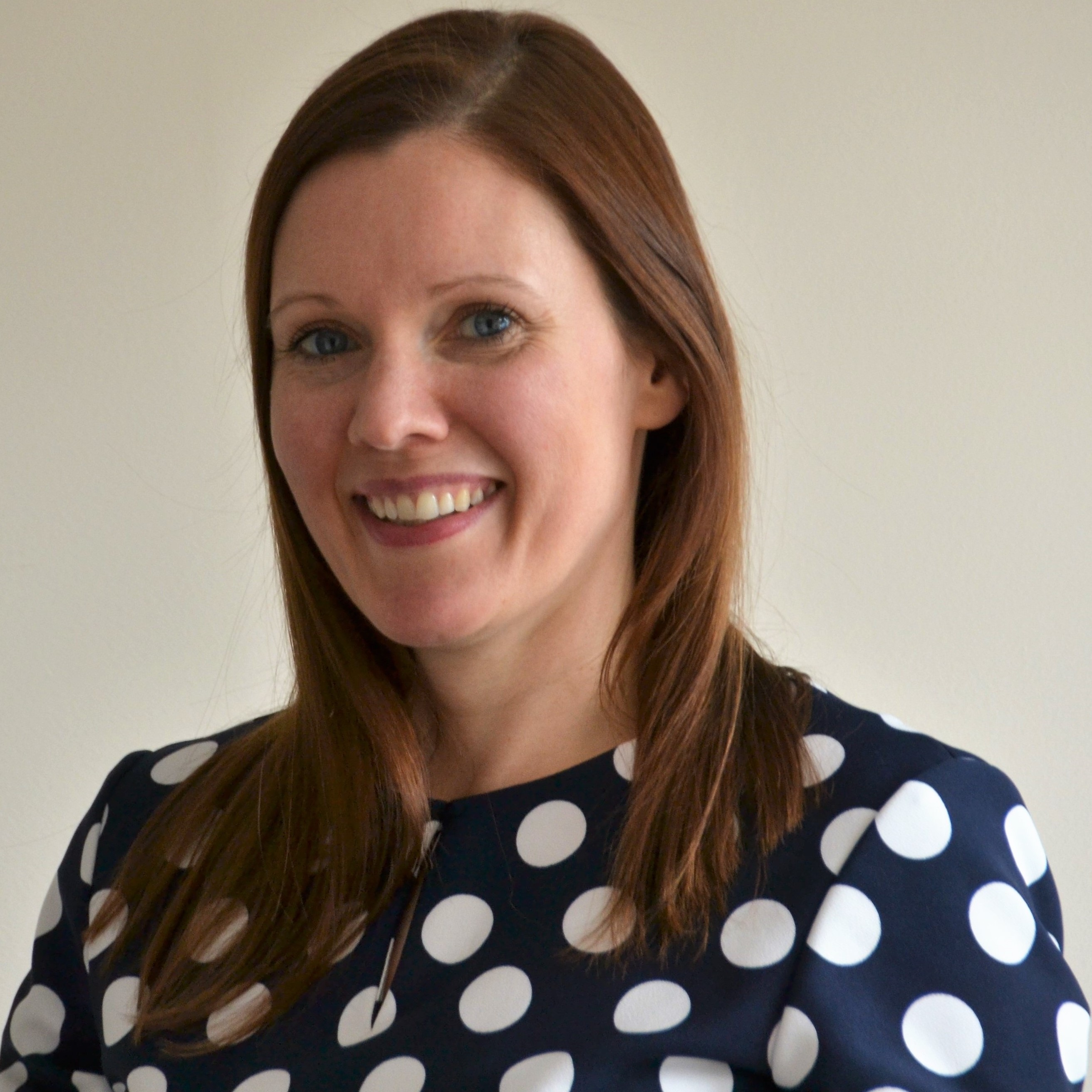The UK’s Worker Protection Act came into force last October; now is the time for all employers to act.
I am not a horse person. I don't really know what a horse person is but I know I am not one because they scare me and the only time I have ridden one I was terrified and it refused to obey any of my commands - perhaps the two are connected. I do, however, like playing with building and DIY and particularly woodwork - so I know a good fence when I see one and, having repaired and built a few duff ones in my time, am always appreciative of something smart and solidly built. These details are relevant, I promise, to what follows...
A few weeks ago I was staying over with someone who very much does like horses, indeed has a few of them herself. She showed me the extensive paddock out the back of her farm where the horses graze. It was a lovely big field with loads of lush and long green grass. What immediately took my eye, however, was the way the field had been subdivided by some really good quality fencing into a series of much smaller areas. Having dutifully commented on the horses, I quickly moved on to the far more interesting subject of the fencing. "Why", I asked, "have you at great expense divided the field into all these little areas?"
Apparently, so I was told, if you put a horse into a huge field of lovely grass it will keep eating it until, in effect, it makes itself ill, even to the point of death, from over eating.
Now, this might just be me but my immediate thought was that sounds a little bit like a lawyer I used to know. If you put me in a field full of lush and long work, I will carry on doing that work until I make myself ill - I know this because that is pretty much what happened a few years back.
Do we need to think about the fences we put around our professionals to keep them contained and from over gorging themselves, through a noble sense of duty and professional commitment, on work? We used to have some great fences. We called them things like "the office", and "9 to 5". Of course we stretched those boundaries a little from time to time, but, until the advent of modern technology and our ability to be on demand 24/7 wherever we are, there was only so far we could stretch them and maybe that kept us safe.
Initiatives like the Mindful Business Charter might therefore be seen as putting back some of those fences - giving people permission, and encouragement, to re-establish some boundaries and so keep themselves safe. The Charter is a collaborative exercise, suppliers and clients working together to agree a different way of working - which may (to stretch this warped metaphor way too far) be a little like talking to my neighbour about where the boundary lies between my field and his and where, therefore, with his agreement, to build my fence.
In a world where we can be anything, be thoughtful
Related Articles

Stress and separation

Surviving to thriving: finding the win-win

Don't write it off. A case study making a case for mental health at work


People Management: HR must protect workplace investigators from the threat of vicarious trauma
Head of Resolution Zoe Wigan shares how to recognise and mitigate this risk for investigators of distressing subject matter.


Personnel Today: Six ways to kickstart conversations about team stress at work
Rachael Forsberg shares six steps for workplaces properly discussing team stress, as a crucial first step in tackling it.


Reworked: The 3 Best Ways to Invest in Employee Mental Health and Well-Being
Investing in wellbeing can boost both productivity and profitability. Where should leaders begin? Mark O'Grady shares three key focus areas for workplace leaders in his latest piece for Reworked.




